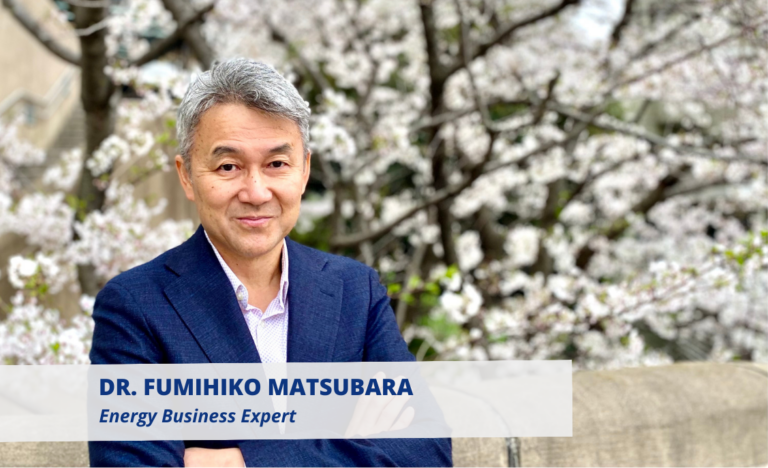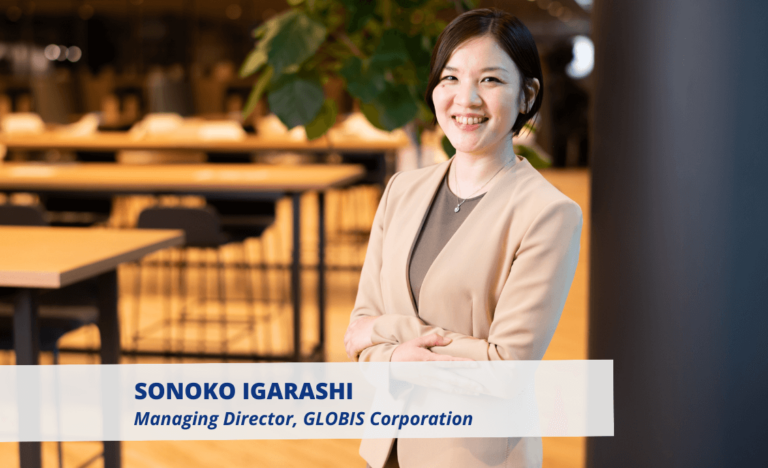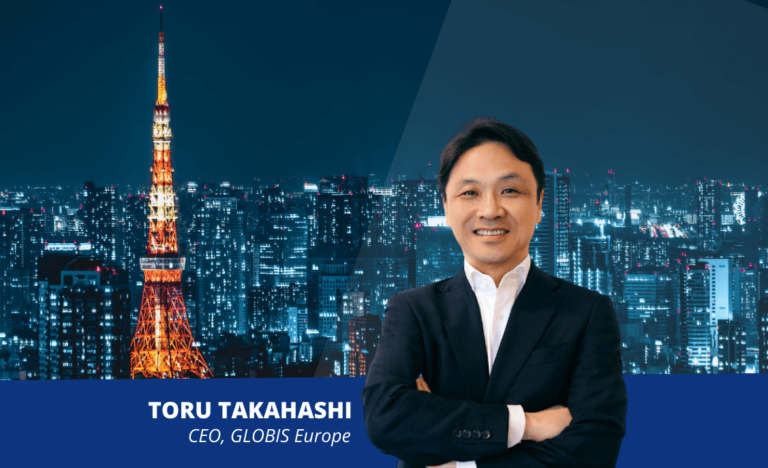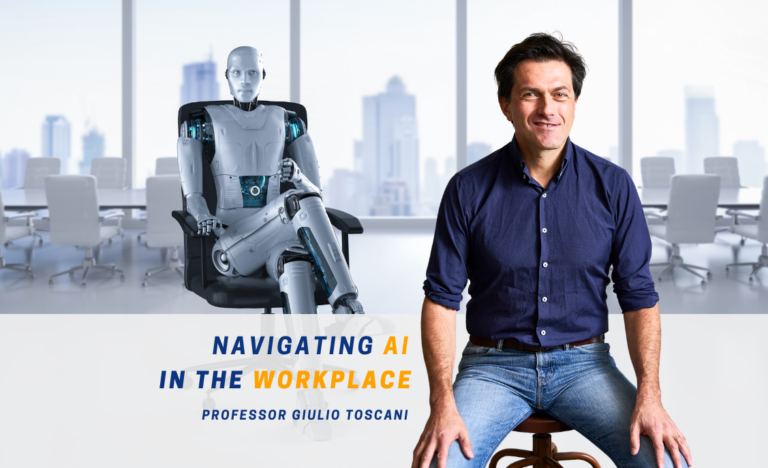How Values-based Leadership Keeps This 65-year-old Japanese Company Nimble
A company can trust its many subsidiaries to make their own decisions, provided it builds a strong philosophical value-base for them to imbibe.
In 1959, Japanese entrepreneur Kazuo Inamori founded a small ceramics company that would grow into the multinational conglomerate Kyocera. While industries and technologies rapidly evolved over six decades, Kyocera maintained focus and adaptability by grounding itself in Inamori’s foundational philosophy: “Respect the Divine and Love People.”
Dietmar Nick, Managing Director of Kyocera Document Solutions Germany, recently spoke on Kyocera’s longevity at a GLOBIS Europe x J-BIG seminar titled “Business Ethics for Corporate Longevity.” Nick, a Kyocera veteran for 23 years, credits the company’s philosophical integrity as the key enabler of its continued transformation and success.
“We are in the printer and copier business,” Nick said. “And we all know that printing and copying is declining as our world becomes increasingly digitized. So, it was obvious that we need to change our business models, our products, our sales structure, service structure, and how we handle it.”
Unlike many companies that scramble to react to market changes, Kyocera’s leadership enjoys the stability of a long-established moral compass to guide evolution. While strategies and offerings need to flex with technological shifts, Kyocera’s commitment to sustainable and humanistic principles remains fixed.
For Kyocera, adaptation is not a stressful pivot, but rather a natural extension of living their values. “This attitude of change is in our DNA,” Nick emphasized.
A philosophy, not just a mission statement
Today’s companies often have abstract mission statements like “connect people around the world.” But few embed philosophical principles throughout their cultures like Kyocera.
“On their first day, all employees receive the Kyocera Philosophy Handbook, which details our business ethics and how to handle situations based on our principles,” Nick explained.
Regular training, workshops and discussions reinforce the philosophy in practical business contexts. Nick admits struggling initially to grasp the significance coming from a German culture without this philosophical orientation. While Japanese companies would take up daily readings of the philosophy book, the same practice in Germany came across as rote learning. But over time, through active engagement, Nick internalized the importance.
When it comes to making difficult decisions, Nick remembers the advice of his former manager, who told him to “do the right thing as a human being” and make sure the decision follows the company’s principles
Amoeba management
Kyocera is famous for its “amoeba management” approach, a management system that it has also exported to companies like Japan Airlines and KDDI.
Amoeba management divides an organization into semi-autonomous subsidiaries, or “amoebas”, each having the autonomy to customize their plans and goals for local markets. Bindingly adhering to the corporate philosophy ensures alignment across diversified amoebas.
In practice, this can mean choosing your target business areas. As Nick explains, while in Germany he would look at each district as a potential target market, in the UK, he would concentrate on London and Manchester. The amoeba structure allows regional customization within a shared philosophical framework.
Of course, some localization challenges arise. But another benefit of amoeba management is its “management by all” approach, which encourages employees to share and contribute to the amoeba-and-company-wide mission. The glue remains Kyocera’s ethical foundation. If the amoebas have different approaches, we still have the same philosophy bringing us together, Nick noted.
Values for the 21st century
While concepts like sustainability and social impact developed recently, Kyocera embedded them since its inception. “Respect the Divine” translates today to ecological awareness, while “Love People” correlates to employee satisfaction and customer centricity. Kyocera’s philosophy was ahead of its time, providing direction as societal values caught up.
The human-first approach
Kyocera’s resilience against dramatic industry change stems from grounding itself in humanistic values bigger than any one technology or period. Companies seeking continual relevance as ages pass must root themselves similarly.
Nick cited his favorite passage from the employee’s handbook that still resonates with him today: “The result of life or work is the product of three factors: attitude, effort and ability.” Kyocera realizes that innovating products means little without cultivating people’s positive attitudes to march forward ethically.
As businesses reinvent themselves to remain vital, they often lose their souls. Kyocera stayed nimble at 65 while retaining its core values. Values-based leadership provides clarity amidst uncertainty – a pivotal lesson for companies navigating today’s turbulence.








